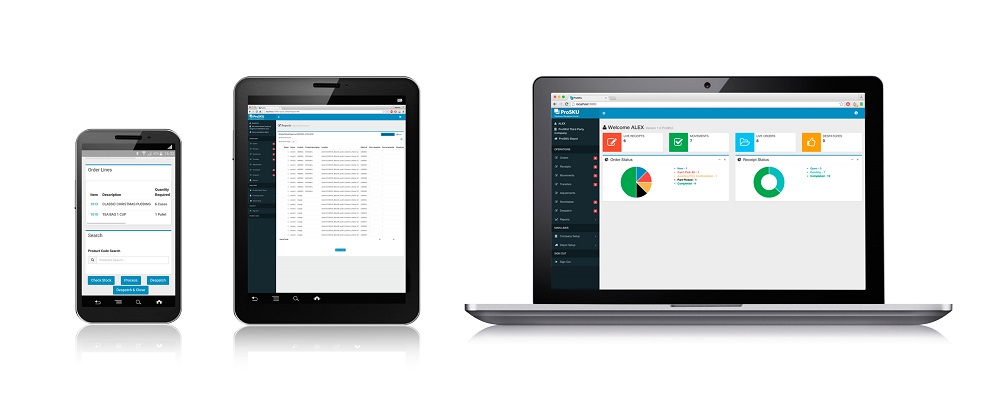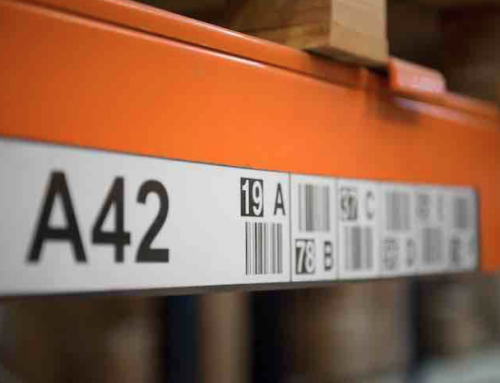In today’s web-enabled, interconnected, social-media intensive world, the smallest businesses can have a presence that allows them to match their bigger competitors punch for punch. But this can come at a price. If you want to succeed against the biggest players you’ll need to offer similar levels of service.
Unless you’re in the enviable position of having a unique product that only you can provide, your customers won’t stick around for long if your competitors can fulfil orders quicker and provide a better shopping experience for them. Being cheaper won’t help if customers want their orders quickly.
No doubt you’ve invested in a great website and promoted it to attract your customers. So far, so good. But what happens if you can’t show your customers your available stock and when they can expect to get it? They’ll expect this information as a minimum but the fact is that most e-commerce solutions aimed at smaller, growing businesses won’t be much help.
Just as importantly, you must be able to locate the ordered stock easily so you can fulfil orders quickly and manage throughput. You might also need to manage different supply chain channels, delivery patterns or prioritise certain products or customers. Perhaps items are coming towards a sell by date and you want to avoid unnecessary wastage. Chances are your e-commerce platform won’t be able to tell you. And neither will a spreadsheet or piece of paper if that’s what you currently rely on.
You need a system that can interface with your e-commerce solution to take the guesswork and doubt out of stock control. This is where the WMS comes in. A properly configured WMS will enable you to track items from before their arrival to when they leave your warehouse and beyond. Along the way it will help you make key decisions quickly and effortlessly using accurate and real-time information.
You can also use the data in the WMS to provide stock availability information to customers and enhance your overall service. The problem is that most WMS systems on the market are too big, cumbersome or expensive to meet the needs of the smaller and growing business. The upfront cost and likely implementation timescale simply put them out of reach.
A modern cloud-based system can offer the functionality smaller business needs without big upfront costs and long timescales. With effective handling procedures and advanced multi-location control, you’ll know how much stock you have and where to find it. You’ll be able to optimise storage space, increase pick efficiency and achieve near total despatch accuracy. A product that’s intuitive and easy to learn will need minimal time to commission, but once up and running it will deliver benefits which transform the efficiency of your business.






